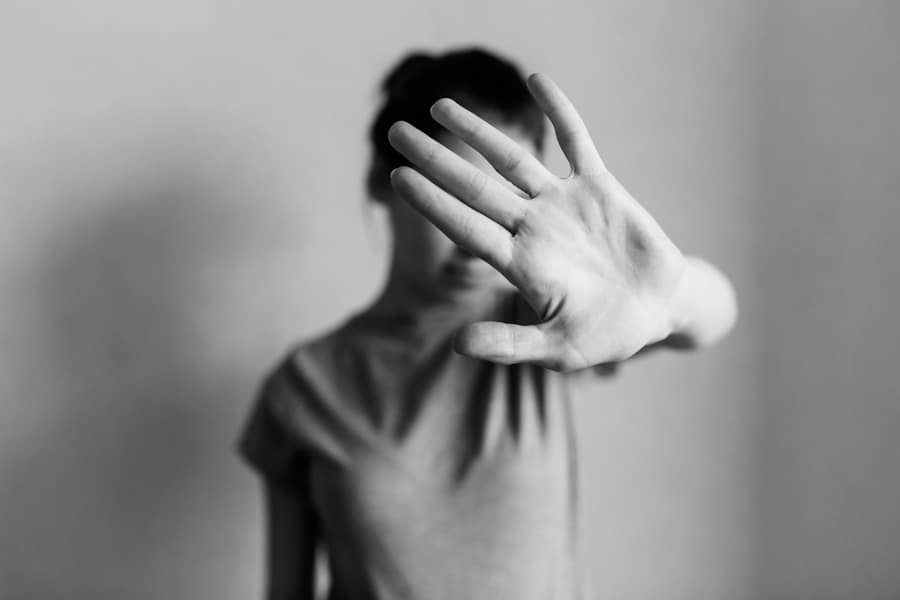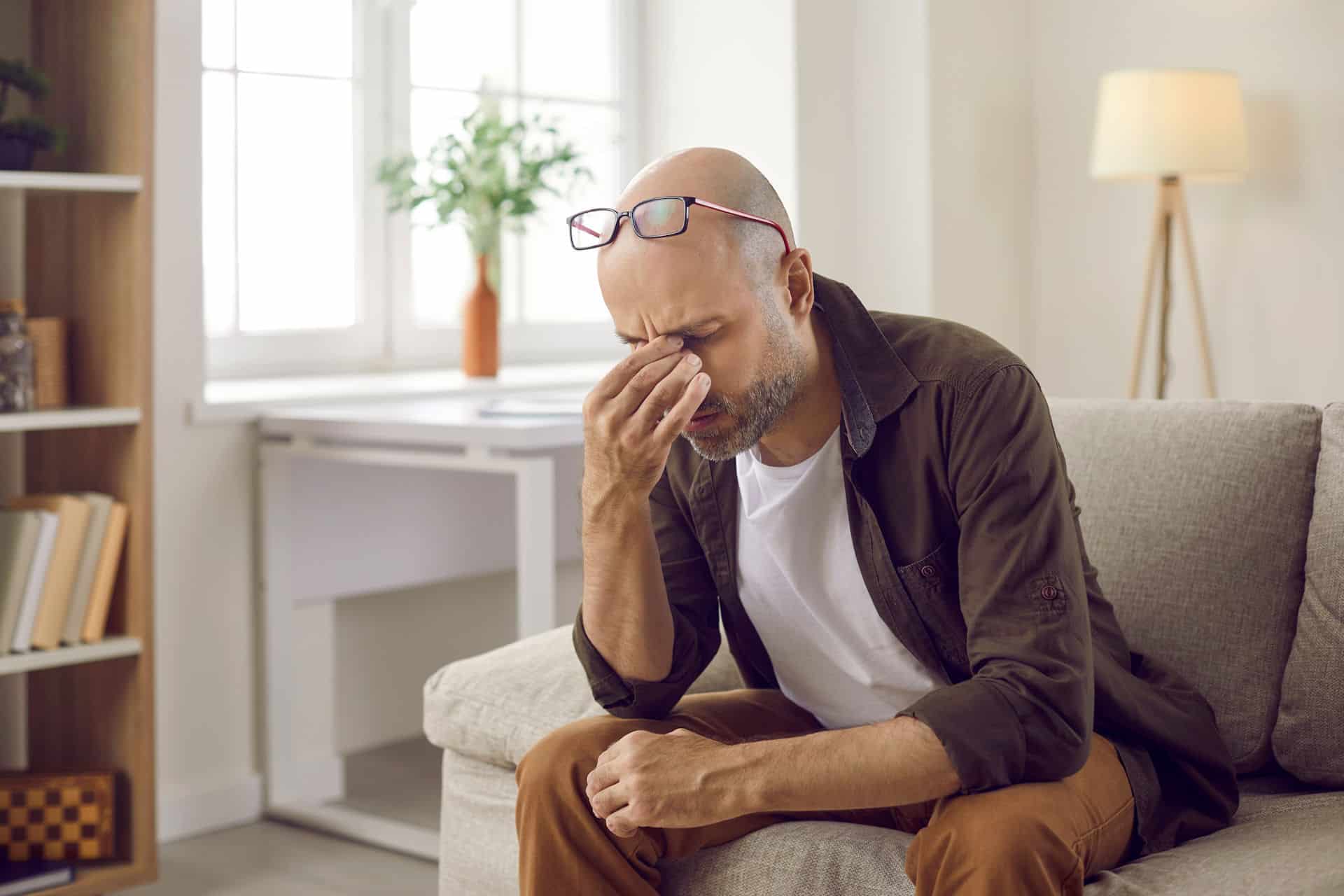Getting a good night’s sleep is crucial for everyone, but it’s especially important during addiction recovery. Disrupted sleep patterns are a common side effect of withdrawal and can significantly impact your recovery process. This article will explore the connection between addiction recovery and sleep, the challenges you might face, and offer practical tips to help you improve your sleep quality and overall well-being.
Why is Sleep Important in Addiction Recovery?
Sleep plays a vital role in both physical and mental health. During sleep, your body repairs itself, removes toxins, and consolidates memories. It also regulates hormones that impact mood, stress management, and decision-making.
For individuals in addiction recovery, sufficient sleep is essential for several reasons:
- Reduced Cravings: Studies have shown that poor sleep can intensify cravings for addictive substances. When you’re well-rested, you’re better equipped to resist cravings and make healthy choices.
- Improved Mood: Sleep deprivation can worsen symptoms of anxiety and depression, which are common during recovery. Conversely, getting enough sleep helps regulate mood-boosting hormones, promoting a more positive outlook.
- Enhanced Cognitive Function: Sleep is essential for cognitive function, including memory, focus, and decision-making. These cognitive skills are crucial for managing triggers, participating in therapy, and developing healthy coping mechanisms.
- Stress Reduction: Chronic stress can be a major trigger for relapse. Sleep allows your body to relax and de-stress, making it easier to manage challenging situations and stay on track with your recovery goals.
Challenges to Sleep During Recovery
There are several reasons why sleep can be disrupted during addiction recovery:
- Withdrawal Symptoms: Many substances, particularly alcohol and stimulants, can disrupt sleep patterns during withdrawal. Symptoms like anxiety, restlessness, and insomnia can make it difficult to fall asleep and stay asleep.
- Underlying Sleep Disorders: Some individuals may have pre-existing sleep disorders that worsen during withdrawal or due to changes in medication.
- Disrupted Circadian Rhythm: Substance abuse often leads to irregular sleep schedules. Reestablishing a healthy sleep-wake cycle takes time and consistent effort.
- Stress and Anxiety: The emotional challenges of recovery can lead to stress and anxiety, making it harder to relax and fall asleep.
Tips to Improve Sleep Quality in Recovery
Here are some practical tips to help you improve your sleep quality during addiction recovery:
Develop a Consistent Sleep Schedule: Go to bed and wake up at the same time each day, even on weekends. This helps regulate your body’s natural sleep-wake cycle (circadian rhythm).
Create a Relaxing Bedtime Routine: Develop a calming routine before bed, such as taking a warm bath, reading a book, or practicing relaxation techniques like deep breathing or meditation. Avoid screens (phones, laptops, TVs) for at least an hour before bed as the blue light emitted can interfere with sleep.
Optimize Your Sleep Environment: Make sure your bedroom is dark, quiet, cool, and clutter-free. Invest in blackout curtains, earplugs, and a comfortable mattress and pillows.
Regular Exercise: Engaging in regular physical activity can improve sleep quality. However, avoid strenuous exercise close to bedtime as it can be stimulating.
Limit Caffeine and Alcohol: Avoid caffeine in the afternoon and evening, as it can interfere with sleep. Similarly, while alcohol may initially make you drowsy, it disrupts sleep quality throughout the night.
Manage Stress: Stress and anxiety can significantly impact sleep. Practice relaxation techniques like deep breathing, meditation, or yoga to manage stress before bed. Consider attending therapy to develop healthy coping mechanisms for managing stress.
Seek Professional Help: If sleep problems persist despite your efforts, talk to your doctor or therapist. They may recommend medications or therapies specifically targeted at improving sleep quality.
Additional Resources:
- The National Sleep Foundation: https://www.sleepfoundation.org/ (https://www.sleepfoundation.org/) offers a wealth of information on healthy sleep habits and solutions for common sleep problems.
- The American Academy of Sleep Medicine: https://aasm.org/ (https://aasm.org/) provides resources on sleep disorders and treatment options.
Casco Bay Recovery: Your Partner in Recovery
At Casco Bay Recovery, we understand the importance of sleep for a successful recovery journey. Our treatment programs prioritize addressing sleep difficulties alongside addiction treatment. Here’s how we can help:
- Personalized Treatment Plans: Our experienced team creates treatment plans tailored to your unique needs, addressing both your addiction and any underlying sleep issues. To learn more about our treatment programs visit Casco Bay Recovery Programs: https://cascobayrecovery.com/programs/.
- Cognitive Behavioral Therapy for Insomnia (CBT-I): CBT-I is a specific type of therapy that’s highly effective in treating insomnia. It helps you develop healthy sleep habits and address negative thought patterns that interfere with sleep.
- Medication Management (If Needed): After a thorough medical assessment, our doctors may recommend medication on a short-term basis to address severe sleep disturbances and help regulate your sleep patterns.
- Holistic Therapies: In addition to traditional therapy, we offer holistic approaches like yoga and mindfulness practices, which promote relaxation and stress management, aiding in better sleep. Visit Casco Bay Recovery Holistic Therapies: [invalid URL removed] to see our offerings.
- Supportive Environment: Our comfortable and supportive environment helps establish a sense of calm and security, contributing to improved overall well-being and healthier sleep.
Relapse Prevention and Sleep
A major part of successful addiction recovery is preventing relapse. Sleep deprivation can increase the risk of relapse, making it even more crucial to focus on improving sleep. By establishing positive sleep habits, you can strengthen your recovery journey and reduce vulnerability to triggers.
Tips for Managing Cravings at Night:
- Talk Therapy: Therapy offers a safe space to discuss triggers and develop personalized strategies to manage nighttime cravings.
- Distraction Techniques: Engage in a relaxing activity like reading, listening to calming music, or journaling to distract your mind and ease anxiety.
- Relaxation Techniques: Practice deep breathing exercises or meditation to manage anxiety and reduce the intensity of cravings.
- Reach Out for Support: Talk to a trusted friend, family member, or sponsor for support during difficult moments. Don’t hesitate to call our 24-hour helpline if needed.
The Importance of Patience and Persistence
Improving sleep during addiction recovery takes time and dedication. Don’t be discouraged if you don’t see immediate results. Maintain focus on positive practices, remain patient with your progress, and prioritize open communication with your treatment team.
Restful sleep is an essential component of a successful addiction recovery. By taking steps to improve sleep quality with the ongoing support from Casco Bay Recovery, you pave the way for lasting healing, enhanced well-being, and a fulfilling life in recovery.
For more information or to begin your journey with Casco Bay Recovery, please contact us today. You don’t have to take this journey alone! Visit Casco Bay Recovery Contact: https://cascobayrecovery.com/contact/ to get started.








